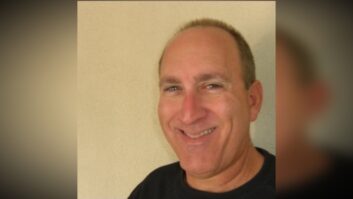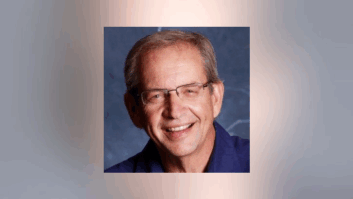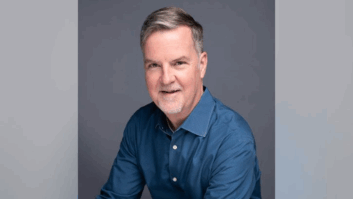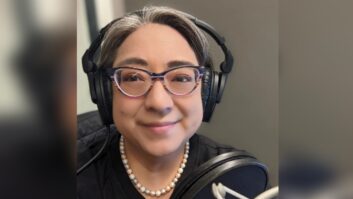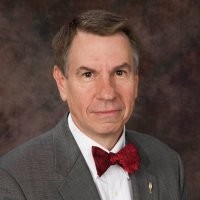 Frank McCoy will retire this fall from his role as chief engineer for the Salem Media properties in Chicago, legendary directional AM stations WIND and WYLL. He has worked there since 2010, overseeing the technical assets of three transmitter sites and a studio complex. The company is looking for his successor.
Frank McCoy will retire this fall from his role as chief engineer for the Salem Media properties in Chicago, legendary directional AM stations WIND and WYLL. He has worked there since 2010, overseeing the technical assets of three transmitter sites and a studio complex. The company is looking for his successor.
McCoy has worked in the past for ABC, Gannett, Skywave Inc., Capstar Broadcasting Partners and American Media Services before he went to Salem. He also is the managing member for an LLC that owns several FM translators.
We checked in with Frank.
Radio World: Why are you leaving?
Frank McCoy: Hey, I’ll be 71 in September. I always viewed this as my retirement job. Now actual retirement might become my retirement job — but I doubt it … always something new to dig into.
RW: When will you leave and what arrangements are in place for a successor?
McCoy: A successor is being sought now. The Salem Media website has application details. I am slated to leave Nov. 1.
RW: What will you do next?
McCoy: Watch this space …

RW: Tell me about your earlier career.
McCoy: I started in TV back in the 1970s and moved to a television production house as a director cameraman. That house became the Harpo Studios but after I’d left.
Spent 10 years in commercial real estate sales and acquired a decent portfolio of real estate in the go-go 1980s.
I cannot overemphasize how much formal sales training benefitted every other thing I have done since. You engineers who struggle with relating to your GM? Sign up for a Tom Hopkins or Zig Zigler seminar today.
On a kind of a whim I took a job as group engineer for a radio consolidating outfit based in Austin, Texas, which later became Capstar — now the largest embedded subgroup in iHeart, but then a crazy idea that I was able to put on a whiteboard but had only a vague idea how to make real: cross-market voicetracking.
Cross-market and consolidated voicetracking was the eventual result, along with centralized distribution and control of playlists and other elements of managing a far-flung bunch of barely-rated markets.
After that, I worked at designing and implementing FM move-ins to major markets [at American Media Services, 2000–2009]. That was a bonanza while it lasted.
Engineering (to derive solutions) and sales (to convince other licensee participants) were a part of that. So the intersection of both skills worked to make those deals possible.
RW: What has been the most satisfying and most challenging parts of your job since you joined Salem?
McCoy: That I have been allowed to design, prototype and implement many original strategies and systems. Some have ended up being described in Radio World, as you know. Plus I got to work with some really great radio people. I’m not just saying that. Top to bottom, Salem is full of good broadcast operators.
RW: Anything else we should know?
McCoy: I’m still looking for translators that might be for sale but the low-hanging fruit has been picked, I’m afraid.
[Read Frank McCoy’s articles on cybersecurity, “Old Ideas for a New Threat Environment,” and on “A DIY Mail Transfer Agent.”]
